Fiji country profile
- Published
This page is no longer being updated. It was last updated on 23 August 2023
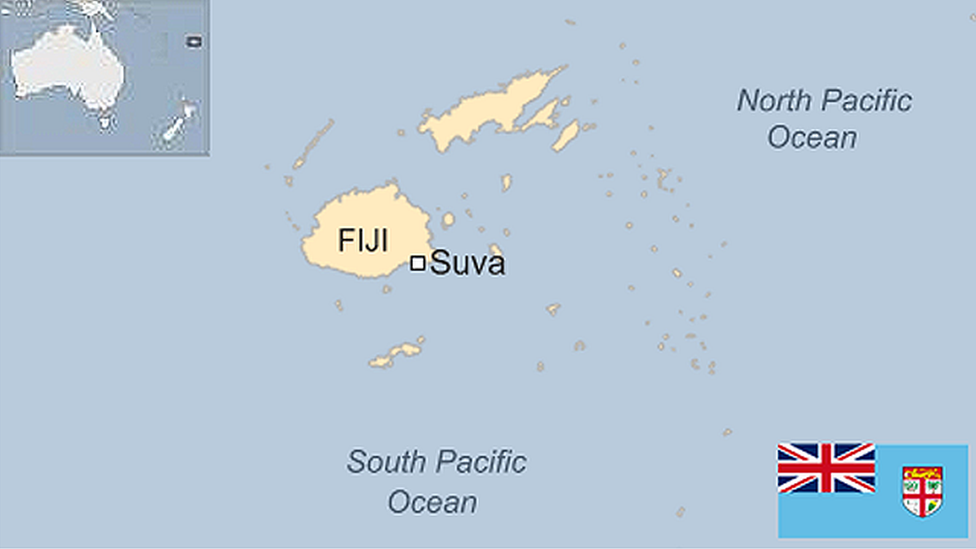
Fiji has one of the most developed economies in the Pacific, relying heavily on its tourism and sugar industries.
Since independence from Britain in 1970, rivalry between the indigenous Fijian and the ethnic Indian communities has been at the root of much of the political upheaval in the country.
The archipelago consists of more than 330 islands and 540 islets scattered over about 3,000,000 sq km (about 1.1 million sq miles). Of the islands, about 100 are inhabited.
Read more country profiles, external - Profiles by BBC Monitoring, external
REPUBLIC OF FIJI: FACTS
Capital: Suva
Area: 18,274 sq km
Population: 926,200
Languages: Fijian, English, Fiji Hindi, plus Rotuman
Life expectancy: 65 years (men) 69 years (women)
LEADERS
President: Jioji Konousi Konrote
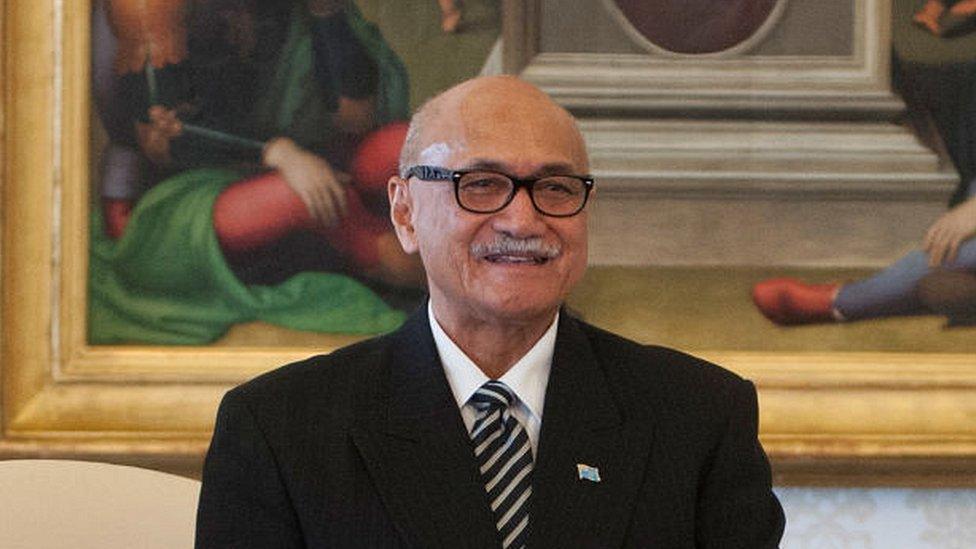
Jioji Konousi Konrote was elected as president in October 2015. He is the first non-indigenous president and the first to be elected by parliament. Previous presidents were selected by the Great Council of Chiefs (GCC).
He has had a long career in the military, government and diplomatic service.
Prime Minister: Sitiveni Rabuka
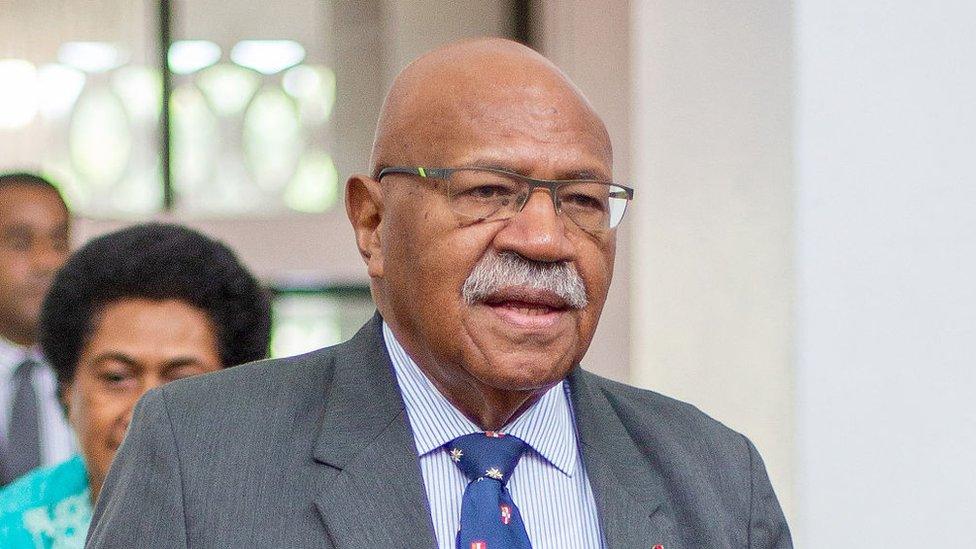
Sitiveni became prime minister in December 2022 following general elections in which opposition parties reached a deal to form a new coalition government, ending Prime Minister Frank Bainimarama's nearly 16-year rule.
Fiji's coalition government has broader regional significance. Both parties have signalled a desire to cool relations with China, which has been steadily increasing its financial and diplomatic interests in the Pacific.
Mr Bainimarama came to power in a 2006 coup, one of a series of political upheavals since Fiji gained independence from the UK in 1970. The rivalry between the indigenous Fijian and the ethnic Indian communities has been at the root of much of the tensions.
In 2013 the constitution was changed to remove a race-based electoral system that favoured indigenous Fijians over the country's large Indian population.
Mr Rabuka is a former international rugby player who was the leader of Fiji's first coup in 1987, which came after tensions between indigenous Fijians and ethnic Indians. He served as prime minister in 1992-99.
MEDIA
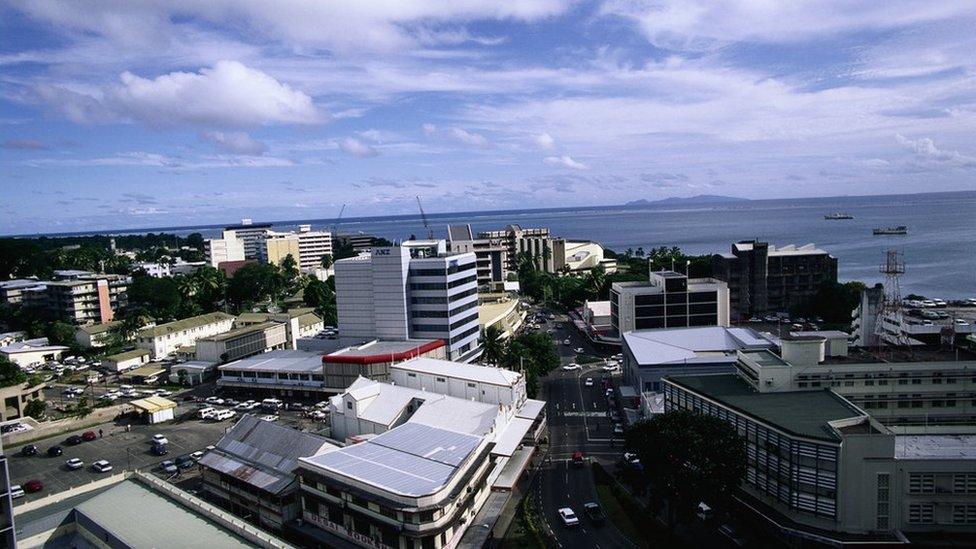
Fiji's capital Suva: The country has one of the most developed economies in the Pacific
Private TV and radio stations operate alongside outlets run by the state-owned Fiji Broadcasting Corporation.
Reporters Without Borders has praised the media's "spirit of resistance" but says journalists are restricted by a "draconian" media decree.
TIMELINE
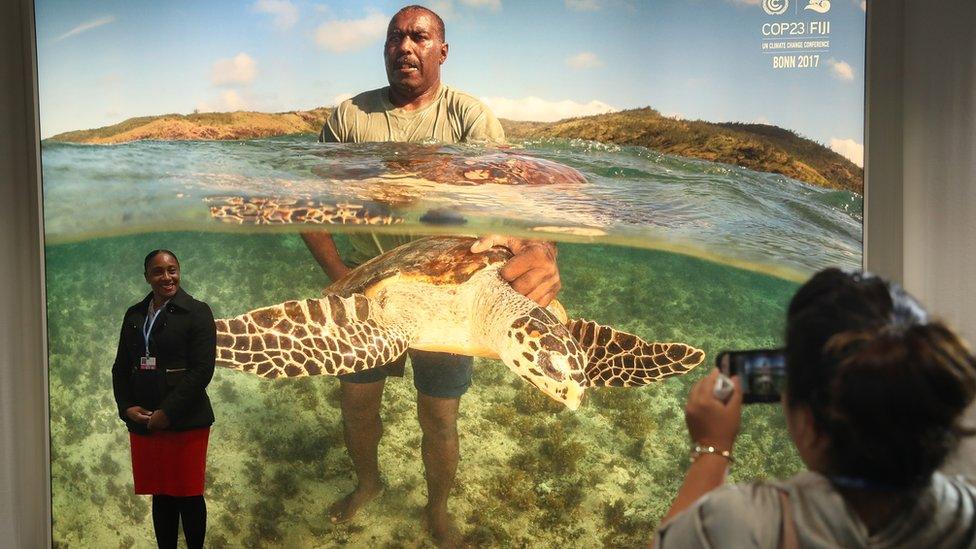
Fiji has been at the forefront of international efforts deal with climate change, which threatens to submerge low lying islands
Some key dates in Fiji's history:
1643 - Dutch explorer Abel Tasman is the first European to visit the islands.
1830s - Western Christian missionaries begin to arrive.
1874 - Fiji becomes a British crown colony at the request of Fijian chiefs.
1875-76 - Measles epidemic wipes out one-third of the Fijian population; British forces and Fijian chiefs suppress rebellion.
1879-1916 - More than 60,000 indentured labourers brought in from the Indian subcontinent to work on sugar plantations.
1916 - British colonial government in India stops the recruitment of indentured labourers.
1920 - All labour indenture agreements in Fiji end.
1970 - Fiji becomes independent with Ratu Sir Kamisese Mara of the AP as prime minister.
1987 - Indian-dominated coalition wins general election, ending 17 years of rule by the AP. Lieutenant-Colonel Sitiveni Rabuka seizes power in a bloodless coup with the aim of making indigenous Fijians politically dominant. In a saecond coup he proclaims Fiji a republic
1999 - Mahendra Chaudhry is elected Fiji's first ethnic Indian prime minister but is overthown a year later when bankrupt businessman George Speight and retired major Ilisoni Ligairi storm parliament, aiming to make indigenous Fijians the dominant political force.
2001 - Elections to restore democracy.
2002 - Fiji announces radical privatisation plan designed to stave off collapse of vital sugar industry threatened by withdrawal of EU subsidies.
2006 - Military chief Frank Bainimarama carries out coup.
2012 - Martial law is lifted.
2014 - Frank Bainimarama becomes the country's civilian leader after winning parliamentary elections.
2016 - At least 42 people are killed and tens of thousands are left homeless as Cyclone Winston hits Fiji in the worst storm ever recorded in the southern hemisphere.
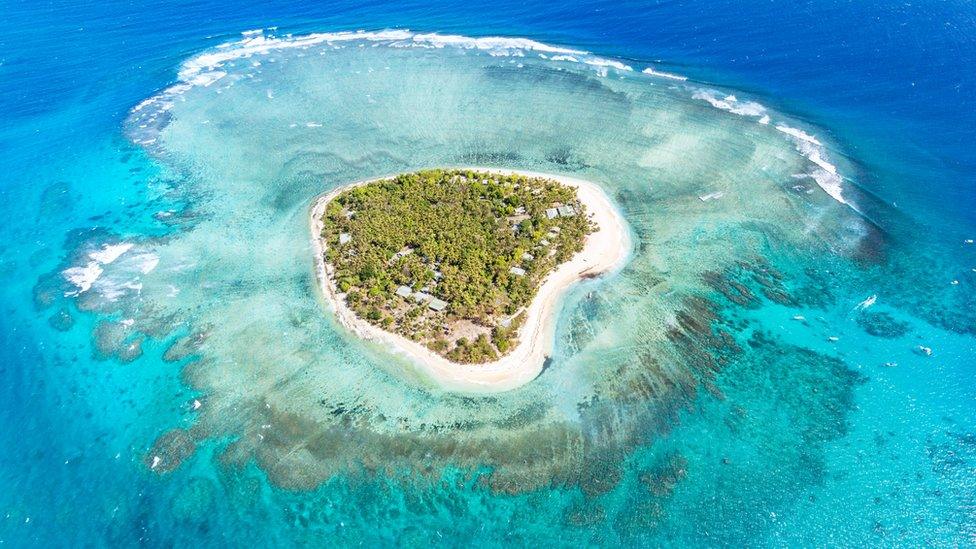
Fiji consists of an archipelago of more than 330 islands
Related topics
- Published24 May 2024
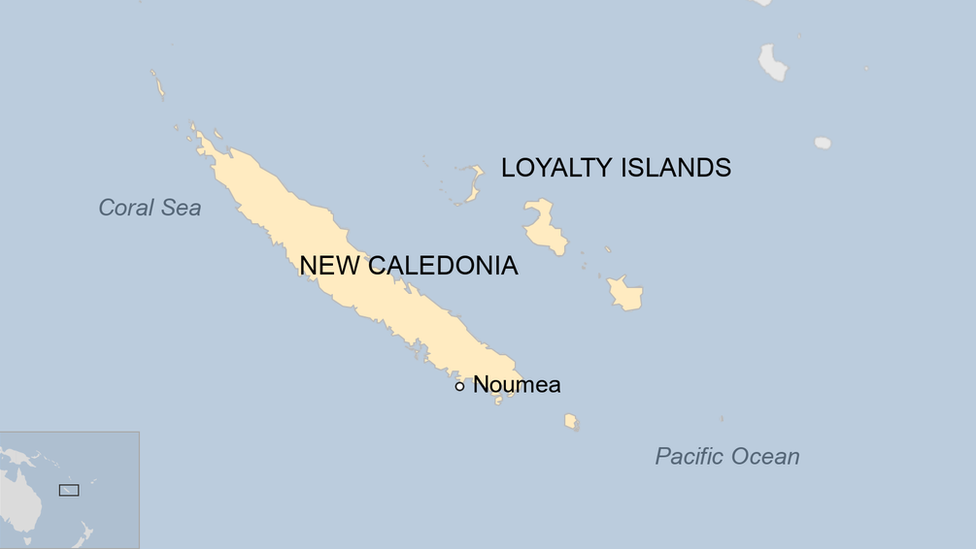
- Published27 October 2023

- Published21 May 2024
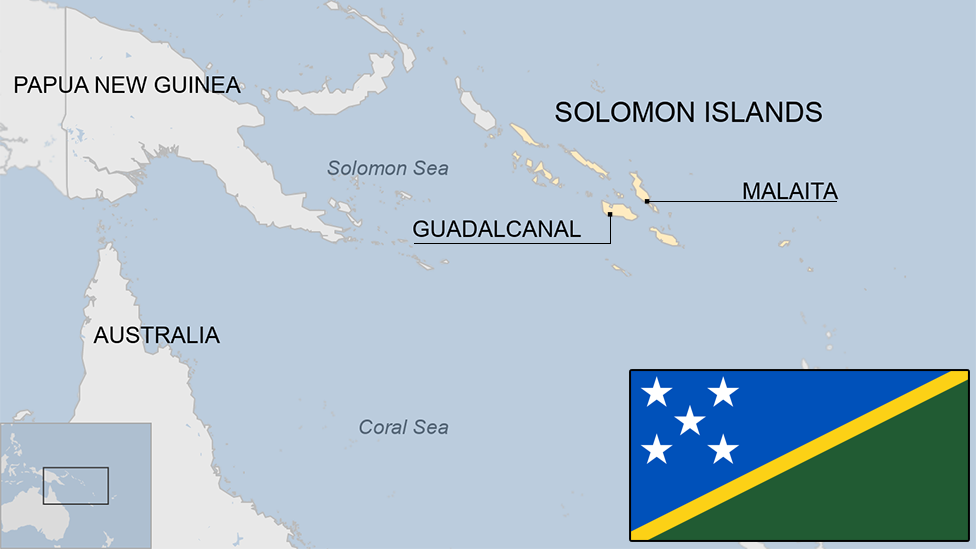
- Published26 February 2024

- Published27 October 2023
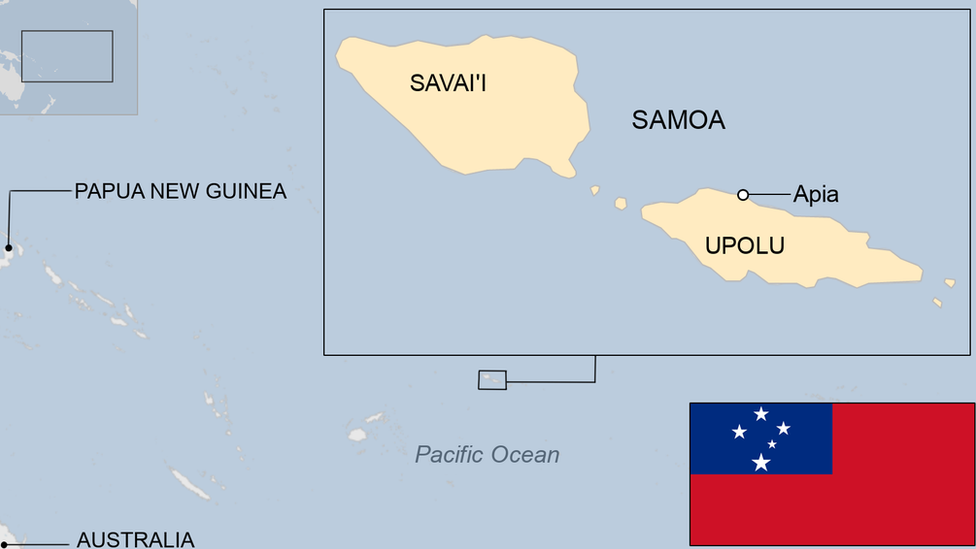
- Published23 August 2023
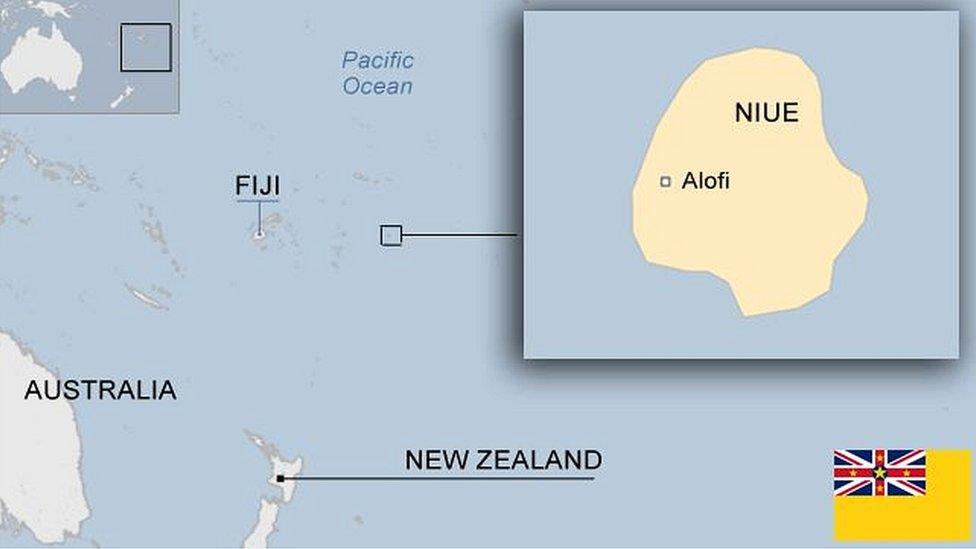
- Published23 August 2023
